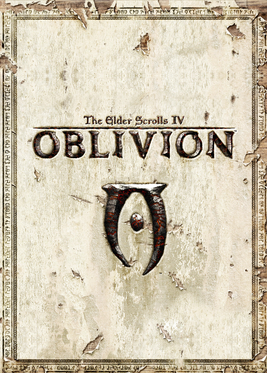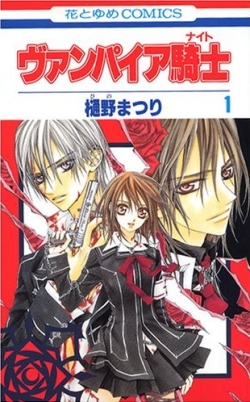Lists
















36 Books
books to read
Sort by:
Recent Desc
More lists by Elle Bradshaw



artwork
List includes: The Tatami Galaxy, Children of the Sea, Escaflowne: The Movie
April 2023
0
@elyon



games to check out
List includes: The Elder Scrolls IV: Oblivion, Dragon Age: Origins, katamari damacy
July 2021
0
@elyon



anime to watch
List includes: Vampire Knight, outlaw star, Hellsing
April 2021
0
@elyon